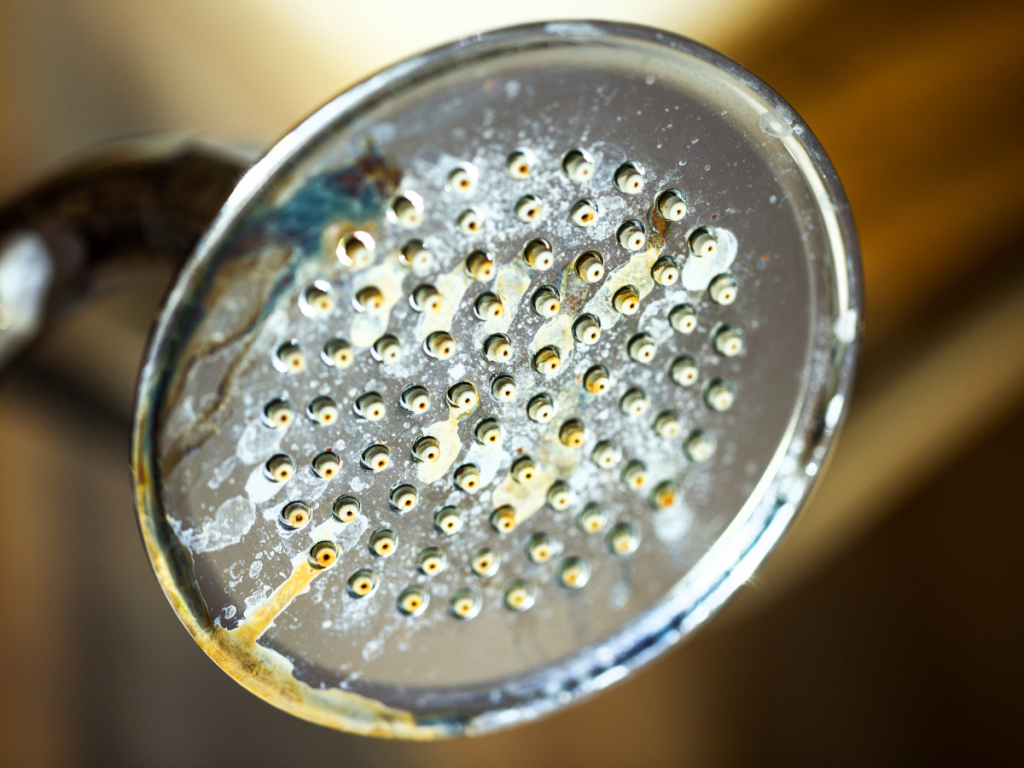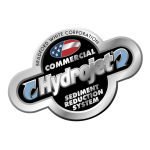Hard water can cause a number of issues in your home, from spotty dishes to lackluster laundry.
But fear not—there are several solutions to combat this issue in your home. In this guide, we’ll discuss effective methods to fix hard water and improve the overall quality of your water supply. These tricks and tips will not only protect your pipes and appliances but also improve your daily water usage experience.
If you’re experiencing issues and need professional assistance, our Plumb-Tech experts are just a phone call away!
What is hard water?
Hard water is water that contains high amounts of dissolved minerals—notably calcium and magnesium. It can cause problems such as:
- Mineral build-up: These minerals can accumulate on your fixtures, pipes, and appliances, causing build-up that’s tough to handle. Think of it as an unwanted layer of mineral overcoats.
- Effect on cleaning: It can also make it tough to get things squeaky clean, from lathering soap effectively to getting those dishes spot-free.
- Appliance efficiency: Over time, the efficiency of your appliances might decrease as the mineral build-up gets more severe. It’s like your water heater is working extra hard but just can’t seem to stay warm.
While hard water is a bit of a nuisance, it’s not harmful to your health. However, the additional maintenance and repairs can be harsh on your home and your wallet, which is why you should make sure to tackle it!
The impact of hard water on appliances and plumbing
Hard water is more than just a nuisance; it can significantly affect the health and longevity of your household appliances and plumbing. When left unchecked, the effects can be both costly and frustrating.
As previously mentioned, it can cause scale deposits. Appliances such as kettles and coffee makers can fall victim to limescale build-up, leading to inefficiencies and even malfunctions. Water heaters are particularly susceptible, as heavy limescale can insulate the heat source, making your system work overtime and burn out quicker.
It can also cause extensive plumbing damage. Pipes can become clogged with mineral build-up, reducing water flow and potentially leading to costly repairs or replacements. Fixtures like faucets and showerheads may lose their shine and function due to the relentless encrustation of minerals.
Remember, your home’s plumbing and appliances are invaluable investments. Keep them running smoothly by combating hard work with equally hard-working solutions.
Identifying hard water
Want to know for sure whether you’re dealing with hard water in your home? There are several signs you can look for.
Here are some of the most common signs:
- Stiff, dingy laundry
- Spots on glassware and dishes after washing
- Build-up on faucets and showerheads
- Reduced water flow
- Dry skin and dull hair after showering
If you notice any of these signs in your home, it’s time to take action. The longer the minerals have to build up, the harder they are to remove.
5 solutions to address hard water
Here are some solutions that will bring the soft touch back to your water and get rid of those minerals for good.
- Water softeners
The most common treatment option is a water softener system. This system replaces calcium and magnesium ions in water with sodium or potassium ions, which do not cause hardness.
It not only treats hard water but also extends the life of your appliances by preventing scale build-up. One con, however, is that they require ongoing maintenance and replenishment of the salt or potassium used for ion exchange.
- Descaling systems
Descalers or salt-free water conditioners neutralize minerals, preventing them from depositing as scale.
These systems are low maintenance and environmentally friendly since they don’t use chemicals or salts, However, they may not be as effective in areas with extremely hard water.
- Reverse osmosis systems
This filtration method uses a semipermeable membrane to remove contaminants, including minerals. It provides high-quality, purified water for drinking and cooking. A downside is that the system can waste water, and it requires installation under your sink.
- Magnetic or electronic water treatment
These devices create magnetic or electric fields around water pipes, altering the electromagnetic properties of the calcium and magnesium ions so they cannot form scale.
No chemicals, salts, or maintenance are required, though scientific evidence on their effectiveness is mixed, and they may not work for everyone.
- Vinegar solutions for appliances
For a DIY approach to small-scale problems, use vinegar to clean your appliances and fixtures.
It’s a natural and cost-effective method for removing deposits. Note that this solution is more of a temporary fix and does not address the root cause of hard water.
Looking for solutions? Call Plumb-Tech!
Hard water is a common issue, and there are several viable solutions available to help you manage and eliminate its effects in your home. The solution you decide on should fit your needs and lifestyle.
Remember to consider factors like the severity of the problem, environmental impact, and maintenance when making your decision.
If you’re still unsure about which method is right for you, seeking professional advice can lead to a more informed, effective choice.
For expert guidance and installation services, get in touch with Plumb-Tech. Your plumbing, appliances, and peace of mind will thank you.
Contact us now!





